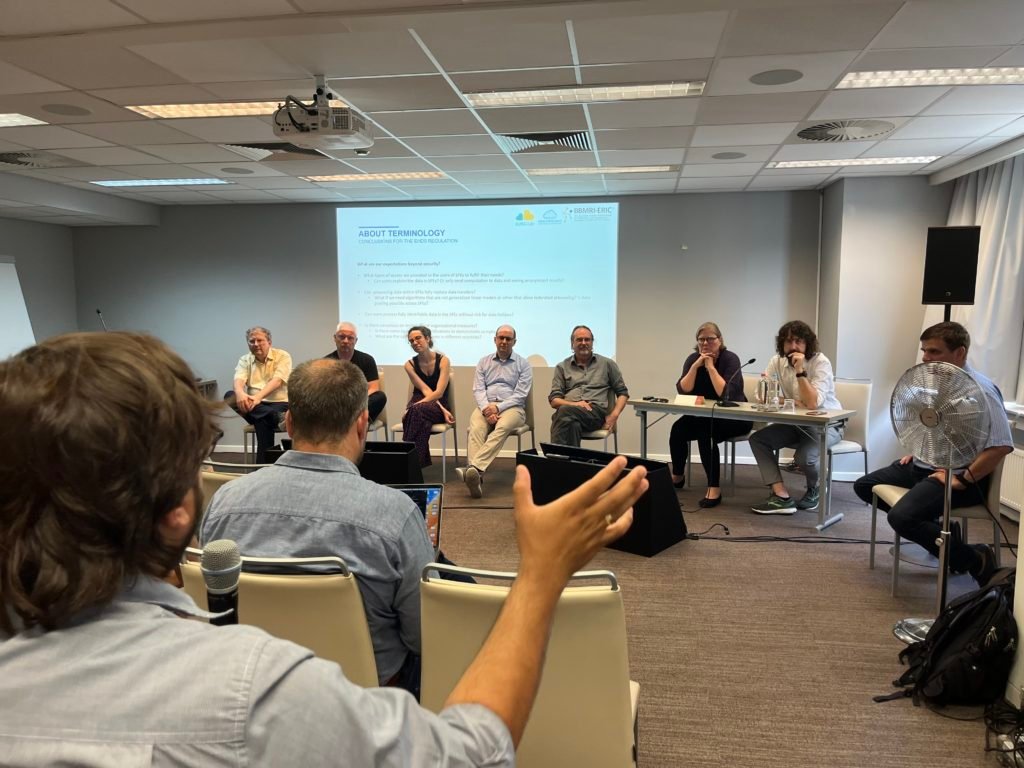A two-day workshop on Secure Processing Environments (SPEs) was recently hosted by EOSC-Life and HealthyCloud. This event brought together approximately 150 participants from academia, industry, and policy-making sectors in a hybrid setting. The discussions revolved around the fundamental technical and organisational prerequisites, best practices, and their significance for the implementation of the European Health Data Space (EHDS) and the recent advancements within the European Open Science Cloud (EOSC).
The consensus among participants was the necessity for a regulatory roadmap that accommodates a variety of SPE providers. As Irene Schlünder, a legal expert from TMF e.V., Germany, succinctly put it, “SPEs are intended to open new pathways, not to close doors.” This involves responding to user needs and initiating a shift in service provision and corresponding staff training, as highlighted by Salvador Capella-Gutierrez from BSC, Spain. Juan González-García from IACS, Spain, further emphasized the need for a shared vision and collaborative building based on common technical elements.
This collaboration should extend globally, as suggested by Kaisa Silander from THL, Finland. The workshop featured presentations on various SPEs, including OpenVRE and SecureVRE (Spain), Sensitive Cloud (Czech Republic), TSD (Norway), Molgenis (The Netherlands), Health Data Hub (France), de.NBI cloud (Germany), THL and Findata (both Finland). The speakers concurred that many components are already in place, aligning with the best practices discussed. However, as social science expert Michaela Th. Mayrhofer from BBMRI-ERIC, Austria, pointed out, the workshop underscored the need for further discussions. SPEs are a potent tool for future sensitive data sharing, necessitating a collaborative effort to establish standards. A comprehensive report detailing the workshop’s discussions and outcomes will be released soon.

